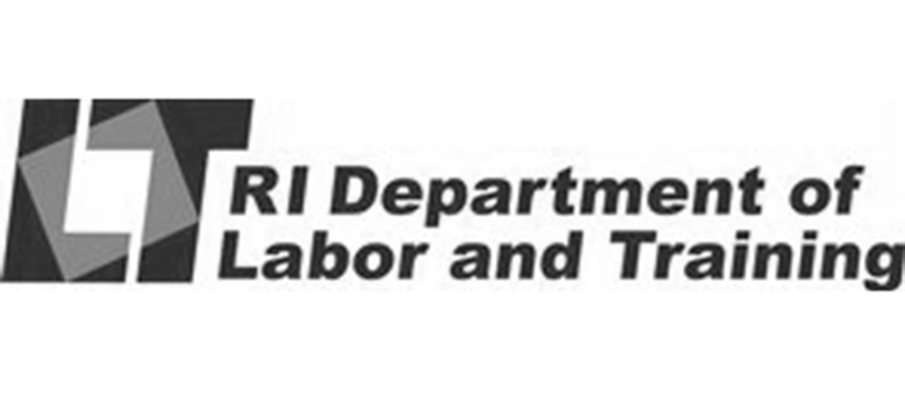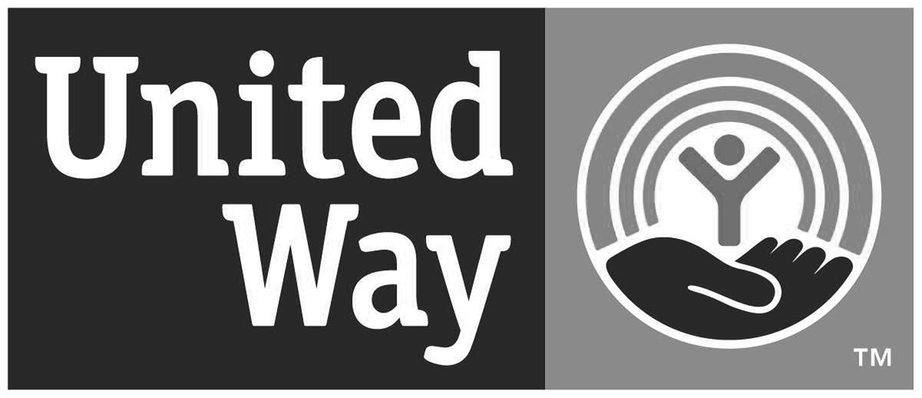Program effect on students' persistence in course completion
On average, program-supported students complete course credits at a significantly higher rate than low-income peers, as well as the general student population.
The credit completion ratio compares the number of credits a student attempted to the number of credits completed. In other words, do students complete the classes they start? Program participants completed 85% of all the classes in which they enrolled. Clearly, strategic, coordinated support is making a difference.
It should be noted that students taking pre-freshman summer courses improve their overall first-year outcomes. The influence of this summer running start on subsequent course completion and on-time graduation needs further study.
As a reminder, "non-participant peers" are students who are from core urban communities and/or were eligible for subsidized lunch, but did not participate in one of the three access and persistence programs. "All remaining students" did not participate in one of the three programs and were not part of our underserved populations.









